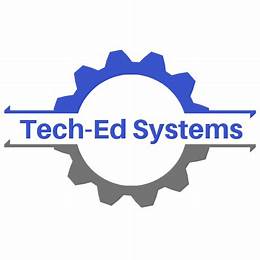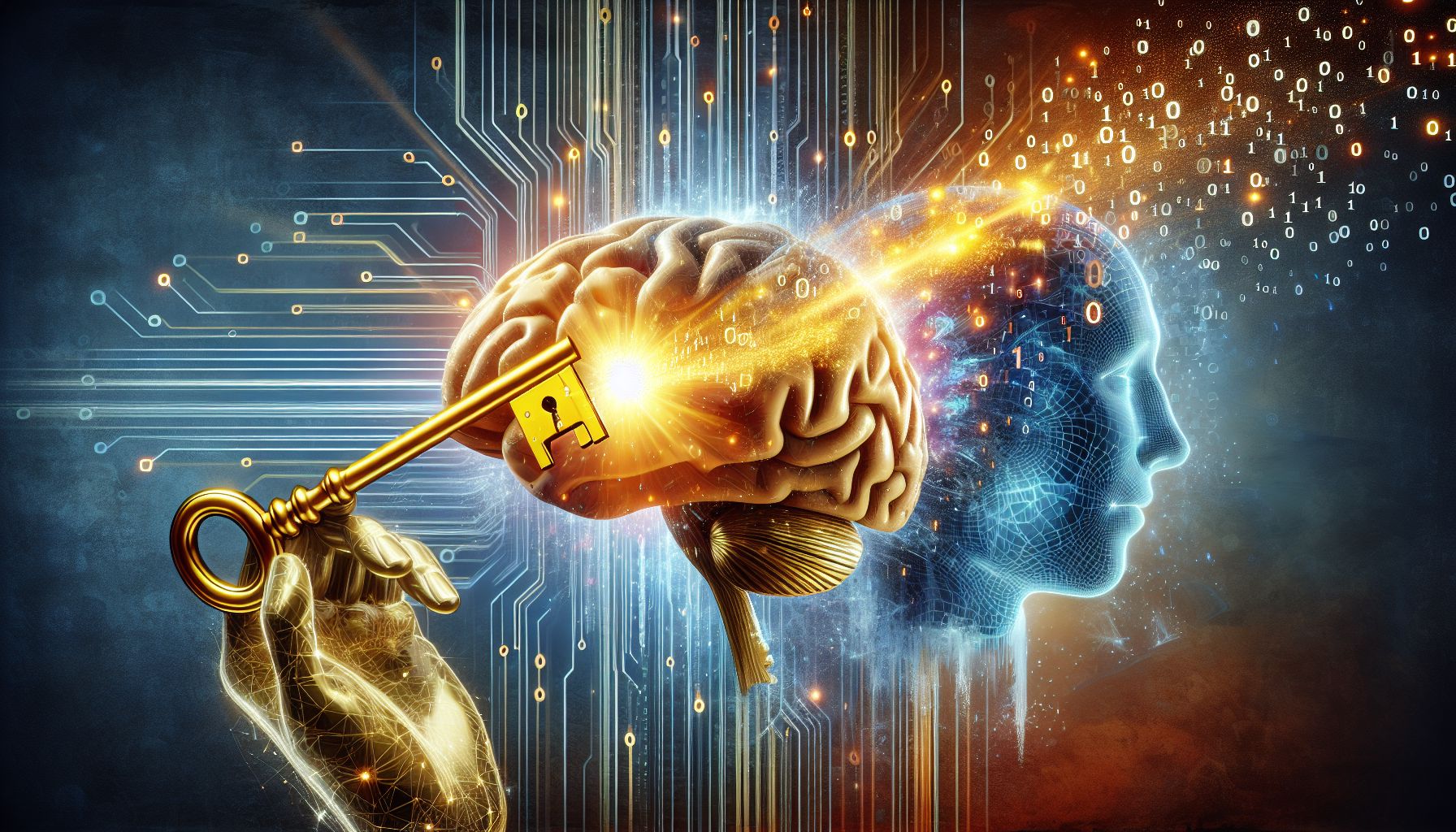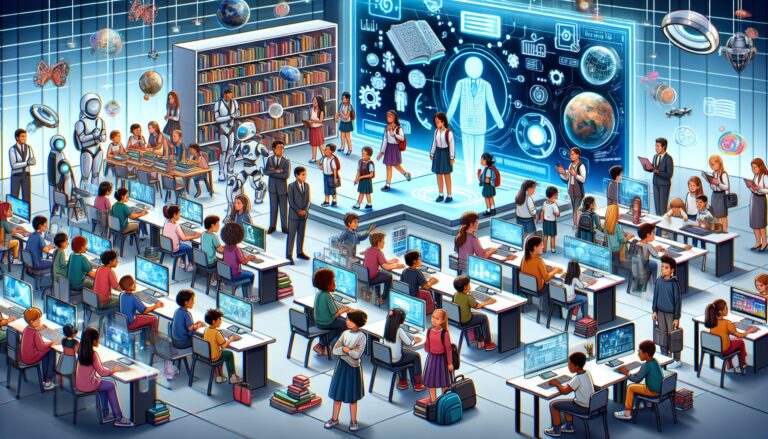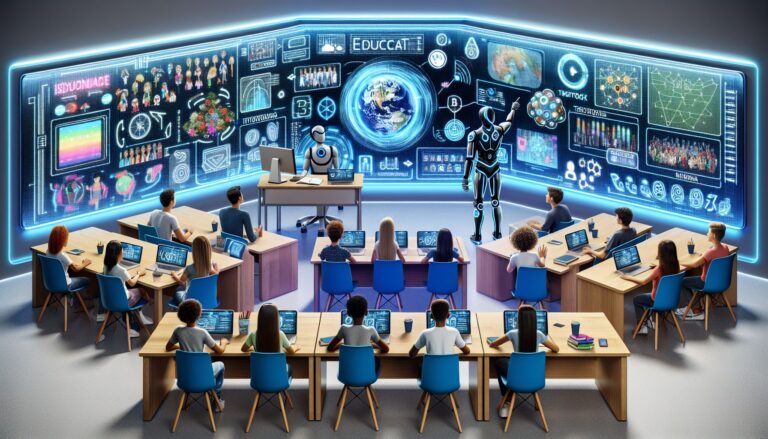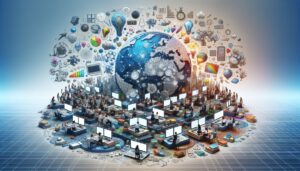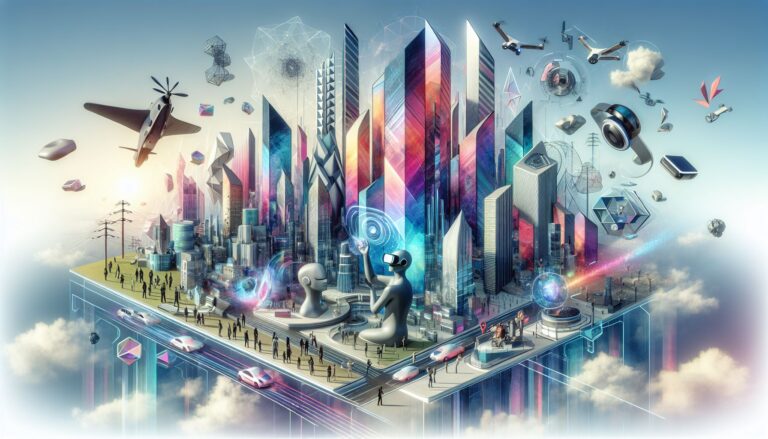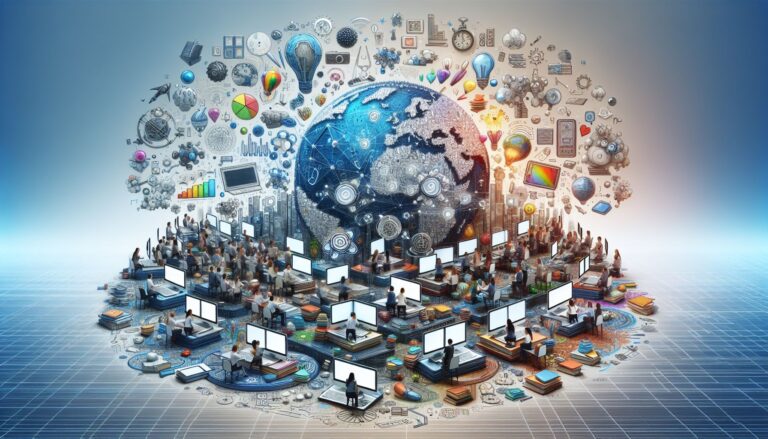In a world that evolves with the relentless pace of innovation, education stands at the forefront of a new frontier. Gone are the days when the chalky residue of blackboards and the rustle of textbook pages signaled the zenith of learning. Modern technology has swept through classrooms like a digital tidal wave, redefining the very essence of teaching and learning. As we turn the page on traditional methodologies, what does the future hold for the education landscape?
The notion of education as a one-size-fits-all model is quickly dissipating into the annals of history. In its place, a vibrant, dynamic approach to learning emerges, leveraging the power of technology to create unparalleled educational experiences. Once disparate entities, technology and education now walk hand in hand, charting a course through the digital age where knowledge is no longer tethered to the physical classroom.
At the heart of this transformation are new teaching methodologies, a fusion of age-old pedagogy with cutting-edge technological advancements. Digital tools, once ancillary, have become the architects of modern curricula. Interactive whiteboards, AI-powered teaching assistants, and virtual reality excursions promise an immersive learning journey like no other. But beyond the spectacle and novelty lies a profound shift in the role between teacher and student.
The evolution is most palpable in the shift towards online learning—a reality made ubiquitous in the wake of global events that forced education systems into the digital realm. Traditional classroom constraints dissolved, providing a canvas for innovation and highlighting the advantages and pitfalls of our newfound reliance on technology. The flexibility of online learning, allowing for a self-paced educational approach, stands as a testament to its potential, but it also underscores a digital divide that threatens to fragment access to learning.
As teachers become facilitators and students turn into autonomous learners, we grapple with the ethical responsibilities of these technologies. Data privacy, screen-time concerns, and the social implications of tech-driven education are not just footnotes in our story; they are core chapters. The stewardship of this digital evolution rests upon addressing these challenges and ensuring equitable access to the learning tools that now shape our world.
With the evergreen backdrop of technological innovation stretching out before us, we stand on the precipice of an educational renaissance. Continuous advancements hold the promise of further bridging the gap between teacher-student interactions, even as we question what it means to learn. Will technology serve as the great equalizer in education, or will it deepen existing disparities? Only time will reveal the full spectrum of technology’s impact on the educational tapestry.
As we look to the horizon, a hopeful narrative unfolds—one where the nuanced integration of technology in education empowers generations to come. As educators and learners, our charge is to steward these tools responsibly, ensuring they open doorways to knowledge rather than erecting barriers. In the audacious quest to redefine learning, may we embrace the cybersphere as a shared classroom, infinite in its potential to teach, challenge, and inspire.
